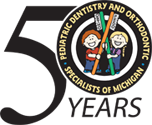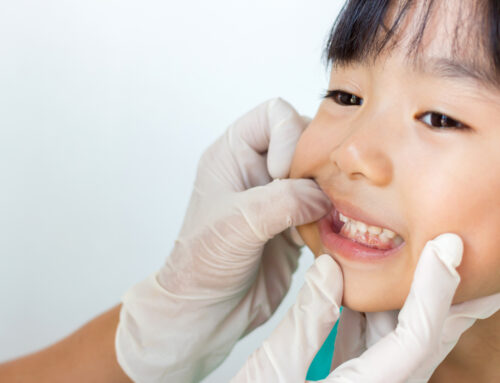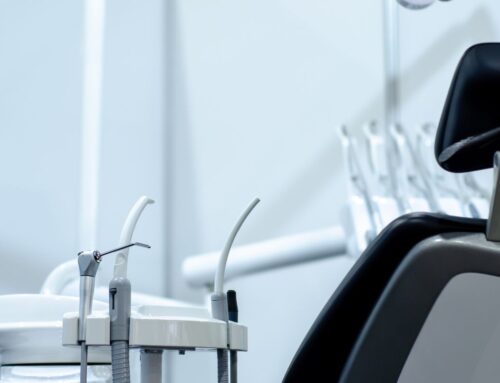Baby teeth first appear in your child’s mouth around 6 months of age, and the last of them typically fall out around 12 years old. Because they are around for many years, it’s important to maintain their health and function. Baby teeth help your child chew food, and they are also important for speech, esthetics, and guiding the eruption path of the permanent teeth.
Your child’s dental care starts with their baby teeth. Here are our top 5 tips:
Introduce dental hygiene early.
Books and children’s shows help, but family has the most impact because toddlers imitate what they see their parents and/or older siblings do. If you model tooth brushing and flossing early, you establish dental hygiene as something you always do as part of your morning and bedtime routines. They’ll want to do it, too!
Start brushing as soon as the first teeth grow in.
Tooth brushing should start as soon as the first baby teeth erupt. For the first few years, parents will need to do most of the work. Your child can take a turn attempting to brush, but until children are in grade school they won’t have developed the manual dexterity to do a complete job.
Use a rice grain amount of fluoride toothpaste until they’re at least 3 years old and can spit completely and predictably. Once they are reliably spitting out all the toothpaste, you can begin to use a pea-sized amount of toothpaste. Keep rinsing after brushing to a minimum to maximize the contact of the fluoride with the teeth.
Start flossing when you see two teeth touch.
There is no minimum or maximum age at which children need to start flossing. As soon as two teeth are touching, the toothbrush will not be able to reach that area, and flossing is necessary. Like with brushing, parents will need to do most of the work until children develop the necessary manual dexterity, around 6-8.
Introduce the dentist early, too.
The American Academy of Pediatric Dentistry (AAPD) recommends that a child go to the dentist by age 1 or within six months of the eruption of the first tooth. Primary teeth typically begin growing in around 6 months of age.
Ask your dentist about dental sealants and fluoride treatment.
Fluoride treatments help strengthen teeth’s enamel, making them more resistant to acid attack and cavities. Sealants are a protective coating that can be placed in the deep grooves, typically of the permanent molars, to help prevent cavities from forming in the pits and fissures of teeth. Ask us whether either of these preventative treatments might be appropriate for your child!
About Pediatric Dentistry and Orthodontic Specialists of Michigan
Pediatric Dentistry and Orthodontic Specialists of Michigan has specialized in pediatric dentistry and orthodontics since 1968. Our family-friendly and newly renovated office gives patients and families a more comfortable and consistent experience with dentistry from the very beginning. Our pediatric dentists treat children from newborn to 18 years of age while our orthodontists provide care for both children and adults and are proud to be Premier Providers of Invisalign and Invisalign Teen services. We have the ability to treat all patients with compassion and individuality, including those that may have special needs as we have treatment rooms available for children who require additional privacy and customized care options. We pioneered valued hospital affiliations to allow dental services to be performed at DMC Children’s Hospital and St. John Macomb Hospital, when appropriate or necessary, and our specialists are also proud to be on staff at Henry Ford and Beaumont hospitals.





